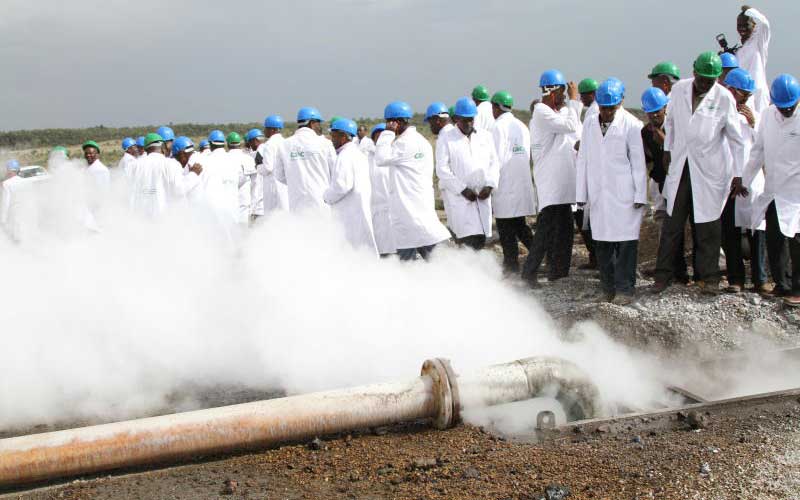×
The Standard e-Paper
Join Thousands Daily

On the month they confirmed receipt of Sh1.4 billion advance payment, Chinese contractors visited the Baringo site where they were to drill 15 to 20 geothermal wells for production of electricity.
They found a well-laid site only awaiting their touch and magic before hundreds of megawatts of energy start churning from beneath.